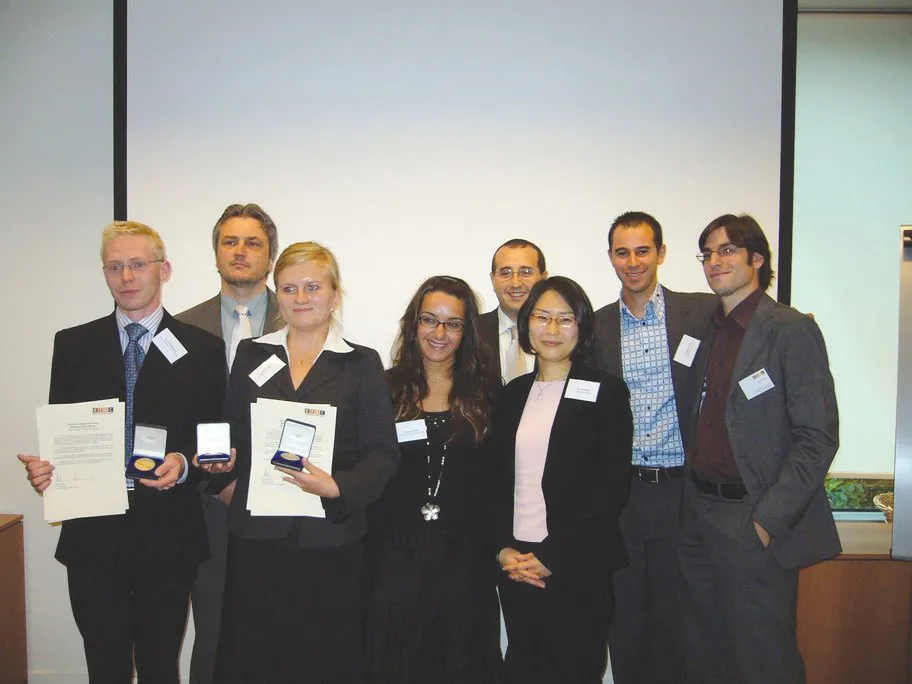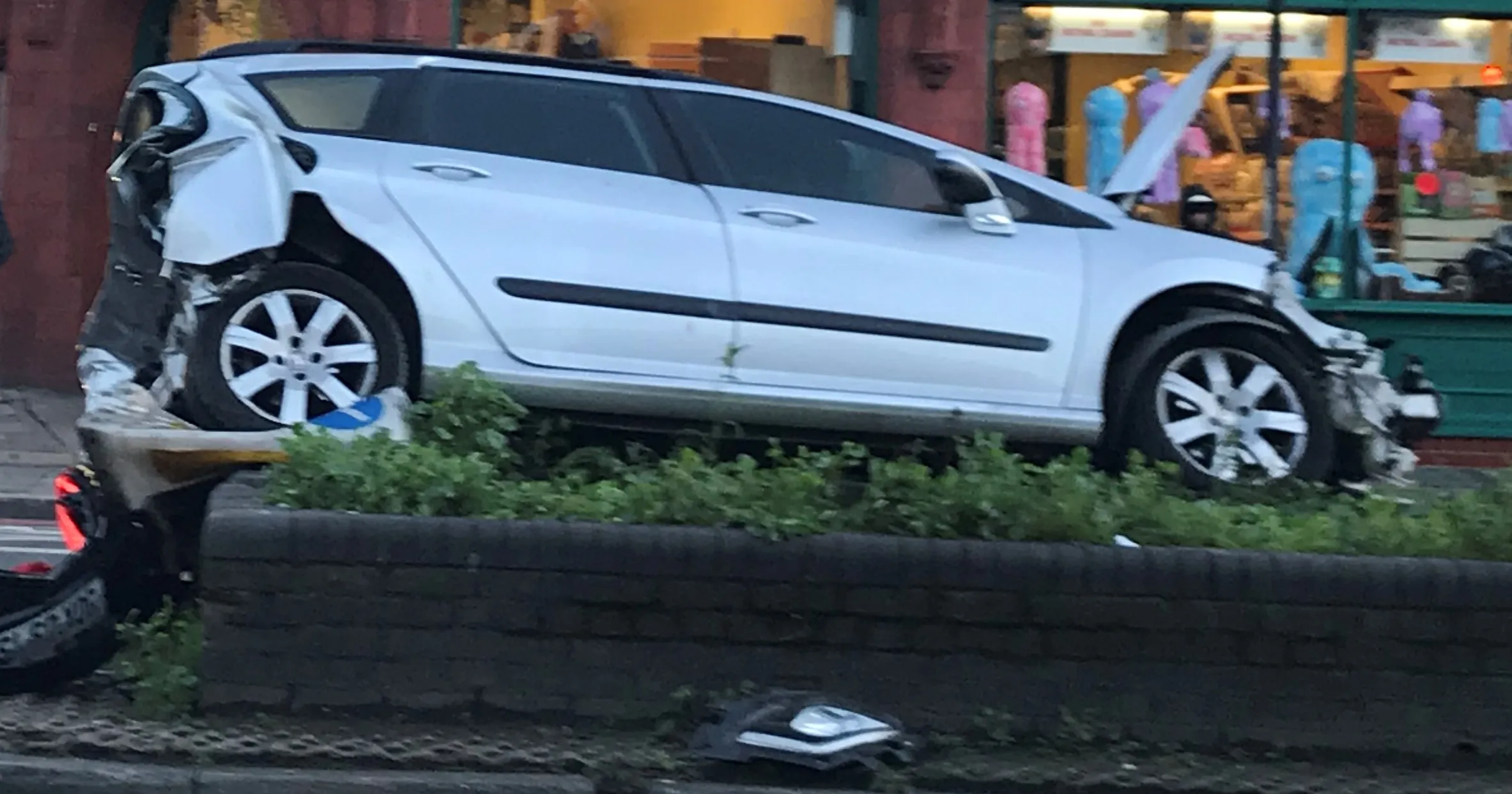Road infrastructure has a core role to play in improving road safety and accident statistics often understate this. Marco Mongiello reports Everybody agrees that road safety is a very important issue. In 2006 in the European Union (EU 25) there were 38,400 casualties and 1,700,000 road injuries, with a total cost of E160 billion. For most people there are no doubts: the driver's behaviour is to blame. However, "road infrastructure has a core role to play in improving road safety and this has been recognised
July 23, 2012
Read time: 4 mins

Road infrastructure has a core role to play in improving road safety and accident statistics often understate this. Marco Mongiello reports
Everybody agrees that road safety is a very important issue. In 2006 in theFor most people there are no doubts: the driver's behaviour is to blame. However, "road infrastructure has a core role to play in improving road safety and this has been recognised only recently." This is what Steve Phillips from
The ETSC lunch also hosted the Road to Respect (R2R) award ceremony, a pan-European campaign for better road engineering run by ETSC that focuses on the treatment of high-risk road sites.
The problem, said Tom Antonissen from Logos Public Affairs, is that often "official accident statistics significantly understate the importance of the road as a contributing factor".
The number of fatalities varies a lot from country to country. In 2006, Malta had 25 deaths per million inhabitants due to road accidents; the Netherlands 43, and Sweden 49, while in Latvia there were 177 and in Lithuania 223. Differences in drivers' behaviour and other factors are not enough to explain such divergence without taking into account the state of road infrastructure.
"With comparable speed and blood alcohol limits, the road death ratio between European countries is one to four," said Antonissen. For instance, single-lane roads are up to four times as dangerous as dual carriageways and a third of road deaths are attributable to single-vehicle crashes with a roadside obstacle like a tree.
Nevertheless, the meeting was told, on European roads there are still unprotected trees and street furniture, poorly placed pedestrian crossings, road surface defects, obstructed driver visibility, inadequate protective devices, road signs and markings that are invisible in poor visibility conditions, and no considerations for vulnerable road users.
The R2R project aims to deal with these problems. At the ETSC ceremony students who enrolled in the R2R Programme of 2007 were awarded, while their peers from Bulgaria, Croatia, Cyprus, Greece, Romania, Serbia and Slovenia, who will participate in the project in 2008, were present.
Every year the project, sponsored by
This year the winners are Stefano Cara from Italy, with a project in the city of Milan; Lorena Ruiz from Spain with a project in the city of Valencia, and Polish students Piotr Paleczny and Ivona Sulkowska, who also won 'Best Student Project' awards.
The awards were presented by Ena Okada of Toyota Motors Europe; Rik Nuyttens of 3M and Gabriel Simcic and Antonio Avenoso from ETSC.
Krzysztof Jamrozik, from EKKOM Consulting and Design Office of Civil Engineering, explained to the new students of 2008 the importance of campaigning and lobbying authorities for road safety engineering.
But hopes for an improved road safety infrastructure rely on the future application of the Directive on Road Infrastructure Safety Management, said Toni Antonissen.
According to impact studies, the application of the Directive to Trans European Road Networks (Tern) could avoid 600 fatalities and 7,000 injuries per year. The figure could rise to 1,300 fatalities avoided per year if the safety management was applied to the main road network of the whole EU.






